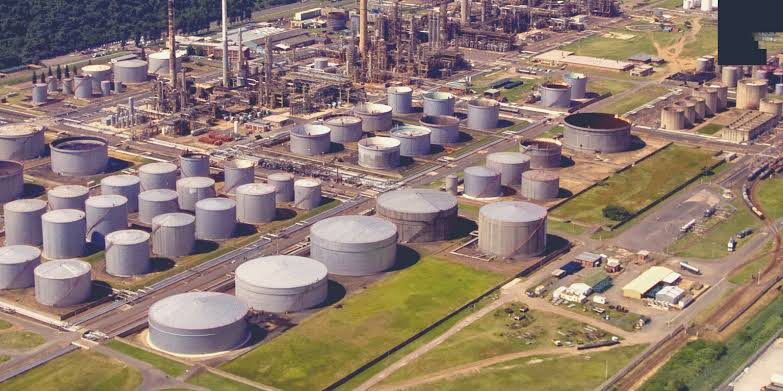The recent acquisition of the SAPREF refinery by the Central Energy Fund of South Africa (CEFS) has sparked significant environmental concerns. Environmentalists and local communities are worried about the potential ecological impact of the refinery, which has a long history of pollution issues.
The SAPREF refinery, located in Durban, is South Africa’s largest crude oil refinery. It has been a critical component of the country’s energy infrastructure but also a source of environmental and health complaints from nearby residents. The refinery’s history of oil spills, air pollution, and water contamination has left a lasting impact on the local environment.
CEFS, a state-owned entity, has pledged to address these environmental issues as part of its acquisition strategy. The fund has outlined plans to invest in modernizing the refinery’s infrastructure and implementing stricter environmental controls. However, environmental groups remain sceptical, citing a lack of detailed plans and clear timelines for these improvements.
Local communities have voiced their concerns, emphasizing the need for immediate action to mitigate pollution and protect public health. They are calling for greater transparency and community involvement in the decision-making process. Many residents have lived with the consequences of the refinery’s operations for decades and are wary of promises without concrete actions.
The environmental implications of the SAPREF refinery are not just a local issue but also have broader implications for South Africa’s commitment to sustainability and climate goals. The country is already grappling with significant environmental challenges, including high levels of air pollution and water scarcity. The successful management of the SAPREF refinery could serve as a benchmark for balancing industrial activity with environmental stewardship.
CEFS’ acquisition of the refinery comes at a time when South Africa is striving to transition towards a greener economy. The government has set ambitious targets for reducing carbon emissions and increasing renewable energy capacity. How CEFS handles the SAPREF refinery will be a critical test of the country’s ability to manage its industrial legacy while moving towards a more sustainable future.
The next steps for CEFS will be closely monitored by environmentalists, community leaders, and policymakers. There is a shared hope that the fund’s stewardship of the SAPREF refinery will lead to meaningful environmental improvements and set a positive precedent for other industrial operations in South Africa.
Source: Engineering News



